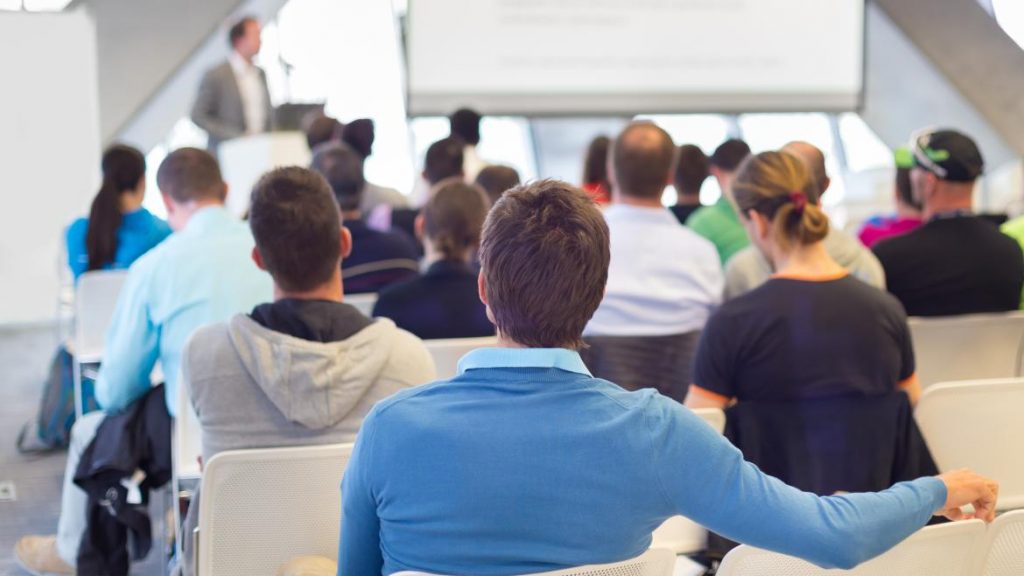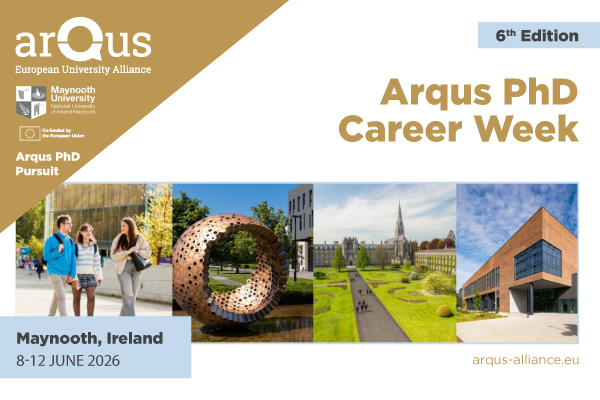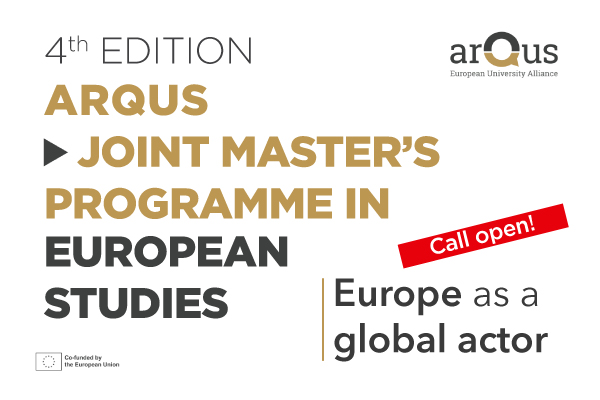Arqus International Forum on Romance Studies (AIFRS)
What we do
The AIFRS-network is an initiative bringing together over 50 scholars from various Arqus universities since 2021. The forum focuses on researchers working with Romance languages, primarily in the fields of linguistics and literary-cultural studies. CoP activities include summer schools and international seminars for students from Arqus universities, colloquia on Romance linguistics and literature, and conferences dedicated to minority languages in Europe. The initiative aims to deepen scientific connections between universities through the organization of diverse scientific and developmental activities, as well as the development of innovative research directions. In the context of Arqus goals, the group actively engages in activities related to multilingualism, directing its research and teaching towards developing skills for mutual understanding among Romance languages.
Universities that are part of this CoP
- University of Granada
- University of Graz
- Leipzig University
- University of Minho
- University of Padua
- Vilnius University
- University of Wrocław
Contact
David Porcel Bueno
University of Granada
daporbue@ugr.es





